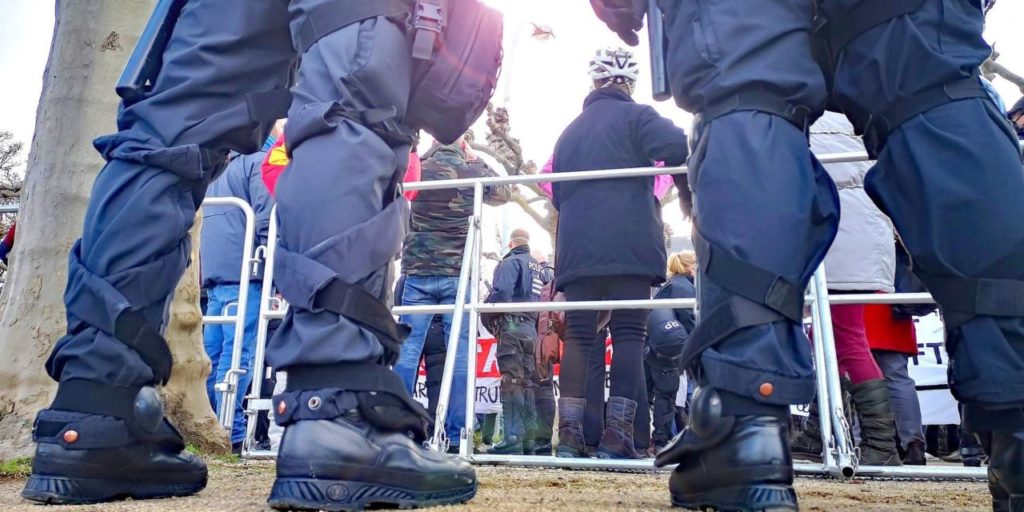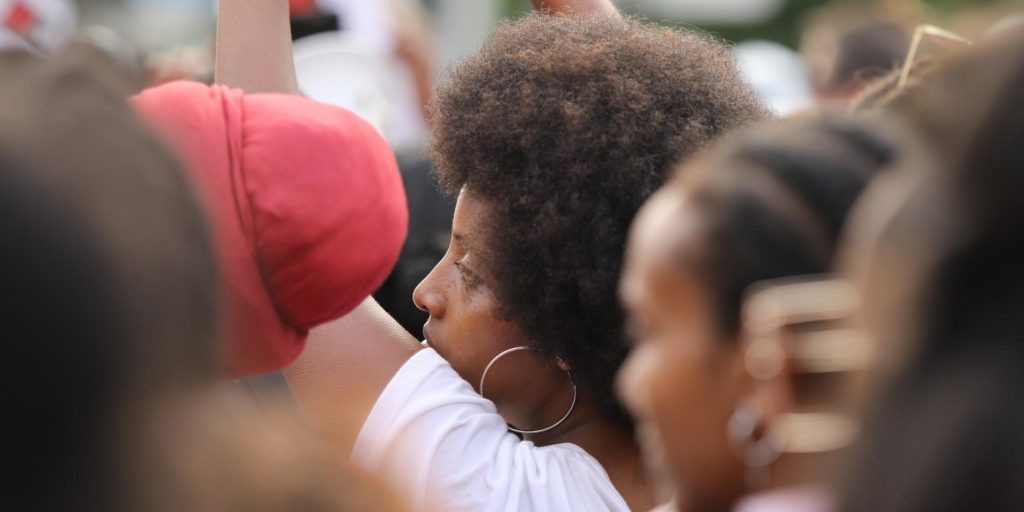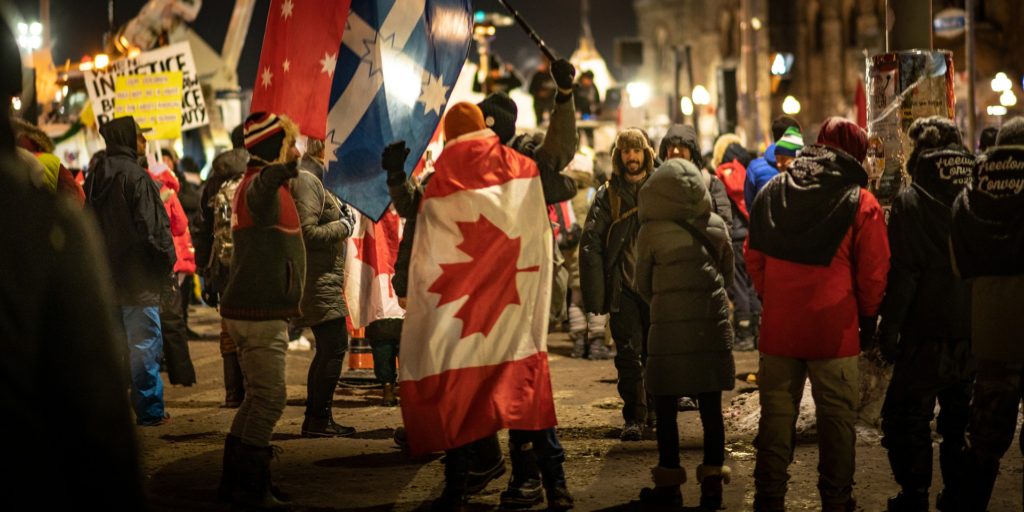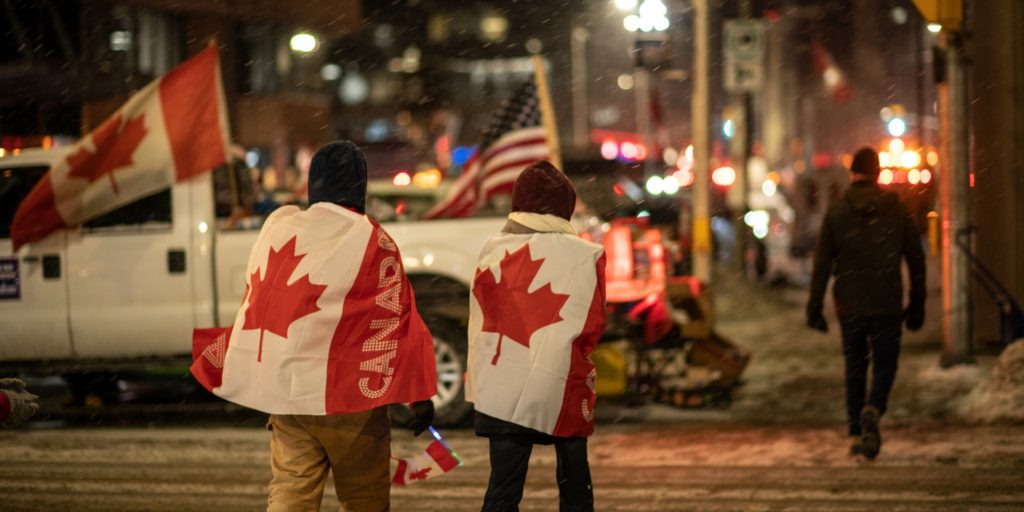Cyberbullying can cross the line into criminal behaviour
Cyberbullying takes place on digital devices such as cellphones, computers and tablets. It can be carried out through emails, texts and posts in forums on such social media sites as Facebook. It includes posting or sharing negative, harmful, false, or mean content about someone that can cause embarrassment or humiliation. To read more, click here. […]
Cyberbullying can cross the line into criminal behaviour Read More »









